Appendicitis
The appendix is part ot the large intestine and has the
shape and size of an earthworm. It is usually in the lower abdomen on the right side, but its position may vary. It
serves no function, but that doesn't mean it should be
removed. The indefensible vogue for that sort of surgery
has passed. Inflammation of the appendix is caused by
a bacterial infection usually associated with blockage of
its opening. The complications of acute appendicitis include
rupture and peritonitis with intra abdominal
abscesses. The operation for the unruptured appendix
carries a very small risk in otherwise healthy individuals.
A ruptured appendix, on the other hand, even in this
day of antibiotics, carries a bad outlook in about five
in one hundred individuals. In order to prevent acute
appendicitis some surgeons may choose to remove the
normal appendix when they are operating in the abdomen
for another disease.
Is it true that the disease is less common than it was
twenty five years ago?
That's true. It is partially due to the improved treatment
of respiratory infections, which are probably the related
cause in some cases. In addition, the increased use of
antibiotics probably cures or arrests some mild cases
which are unrecognized.
My daughter is sixteen. Why do you ask about her
menstrual period? What has that to do with this?
When some women ovulate, a small amount of blood
is spilled into the abdomen. This produces an irritation
of the body lining that can resemble appendicitis. Therefore,
we can suspect that possibility if the symptoms occur
in the middle of the menstrual cycle. This condition is
called mittelschmerz (middle pain); it does not require
surgery. This may occur on several occasions in a
woman's menstrual lifetime. She may recall it and
recognize the similarity of each instance. The pain may
also be on the left side, when the blood leaks from the
left ovary.
I thought that acute appendicitis only occurs irl
younger people.
It can occur at any age from infancy to senility, but
the disease is more common in younger people. The
diagnosis is harder to make at the extremes of age because
the disease is less common and behaves differently.
What has age to do with it?
In early childhood, for example, appendicitis may simulate
infectious diarrhea, or kidney infections, or abdominal
reaction to a respiratory infection. In old age it may
mimic gallbladder disease, pneumonia, or cancer of the
intestine.
I've had attacks like this before. Why is an operation
required this time?
It is undoubtedly true that an individual can recover by
himself from a mild attack of appendicitis. This is what
may have occurred, or it may not have been appendicitis.
However, now the examination reveals definite peritonitis,
so it is no longer safe to wait. The inflamed appendix is
the cause of the peritonitis. When the abscessed appendix
is removed, the peritonitis ordinarily resolves.
Why do you X-ray the chest and the kidneys?
This is a precaution. Sometimes infections in the chest
can be associated with abdominal pains that can simulate
appendicitis; a kidney stone may do the same thing. The
X ray is a way of being sure beforehand. Of course, it is
possible to have both penumonia and acute appendicitis.
What is a blood count; of what use is it in the case of
appendicitis?
The white blood cells are involved in infections and
therefore in appendicitis. They often, but not always,increase in number during an infection. Under a microscope
it is easy to count the number of cells present in a
drop of blood from the fingertip and thus to suspect the
presence of an infection. This test is not infallible. It is
only one of several ways of arriving at a diagnosis.
How then is the diagnosis of appendicitis made?
By the type and location of the pain and by examination
of the abdomen for areas of tenderness and muscle
spasm over the inflamed area, combined with tests that
eliminate other possibilities.
Why is an internal or rectal examination required?
Sometimes the inflamed appendix is in the pelvic area,
in which case the tenderness may be discerned only in
the pelvis and the abdominal examination can be completely
unrevealing. Rectal examination helps in this
problem. An old teaching in medicine and surgery says
that if the physician doesn't put his finger into the pelvis,
he'll end up putting his foot in the diagnosis. In this type
of case the early diagnosis can be completely missed if
an incomplete examination is done. The proper examination
for the possibility of appendicitis requires that a
rectal examination be included.
Why do you want me in the hospital for observation?
Isn't it dangerous to wait?
Can't the appendix rupture meanwhile?
Hospitalization is a wise precaution when the diagnosis
is not certain. Repeated examinations and serial blood
studies usually allow a diagnosis after a one or two day
stay. If it is appendicitis, then, of course, you can be
promptly operated on.
What do you mean by an appendix abscess and that the
appendix will be removed later?
This appendix has been infected for some time, and there is now an abscess around it not in it but around
it. In this situation it is best to evacuate the pus by an
operation now. In six weeks the appendix, which was the
cause, should be removed; otherwise the situation may
occur again and it may not remain in one spot this time.
What happens if you operate and find that it's
something else?
The surgeon will do what is required to cure whatever
is found to be the cause of the symptoms.
Do you then take out the appendix too?
This is usually advisable so that one won't run into this
problem again.
I'm going to the jungle for a year, away from any hospital.
Should I have my normal appendix removed to
avoid getting acute appendicitis while on this expedition?
This has been done; it is one justifiable approach. On
the other hand, if you get sick, it might be something else
that would require skilled attention, necessitating your
getting to a medical facility in any case. Having had an
appendectomy might give you a false sense of security.
Unless you have had trouble with your appendix before,
I wouldn't advise it. The World War II Navy experience
showed that appendicitis can sometimes be cured with
antibiotics; this would be a wise initial method of management
until you are able to obtain proper medical attention.
How long will I be in the hospital?
The uncomplicated appendectomy requires a hospital
stay of five to six days and a convalescence of ten to
fourteen days.
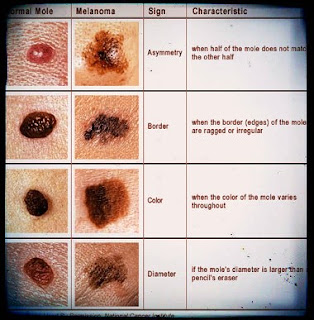
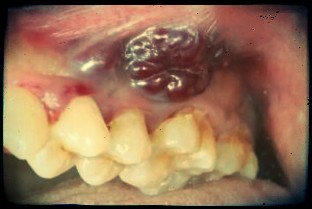
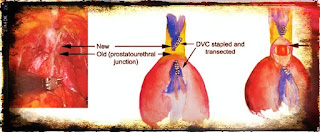
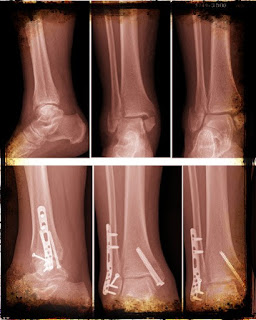
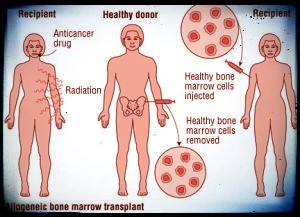

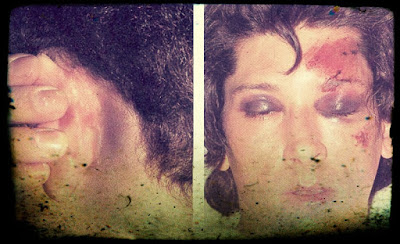
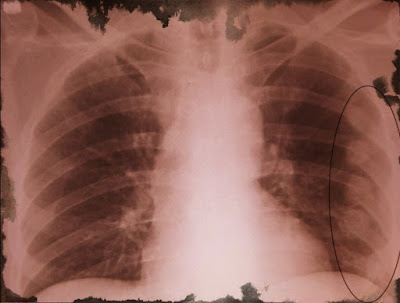


Comments
Post a Comment